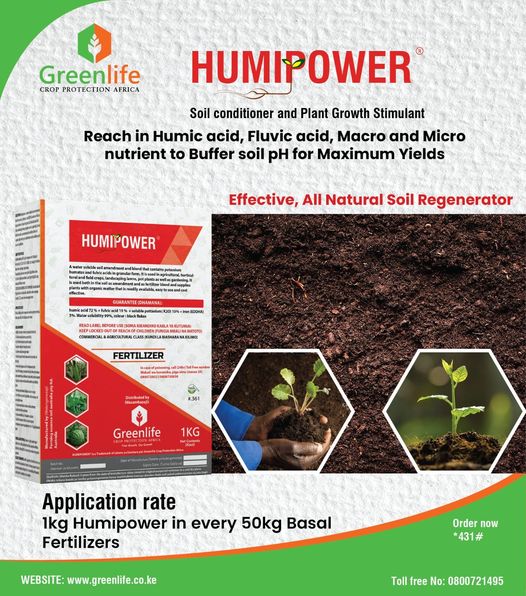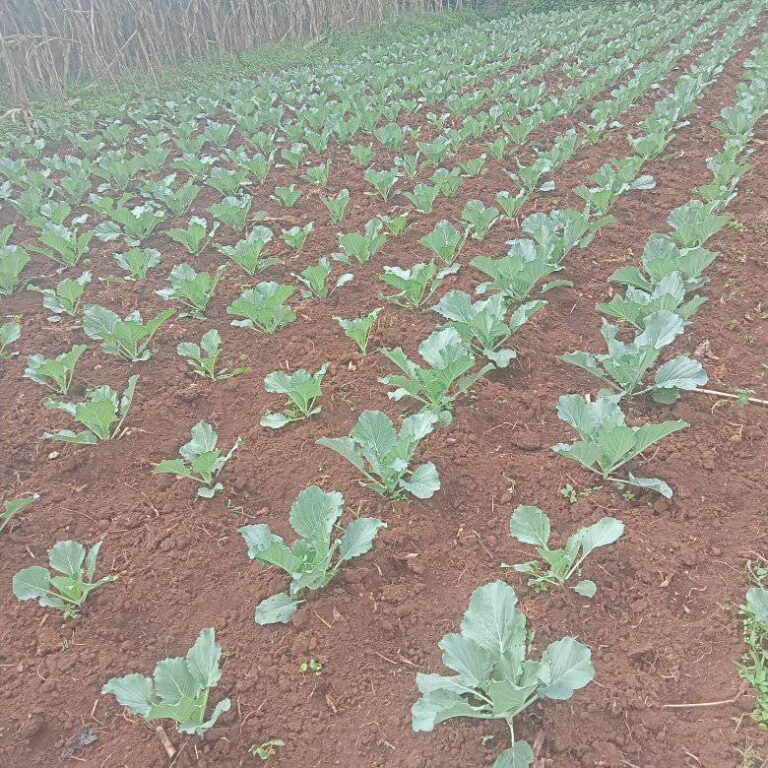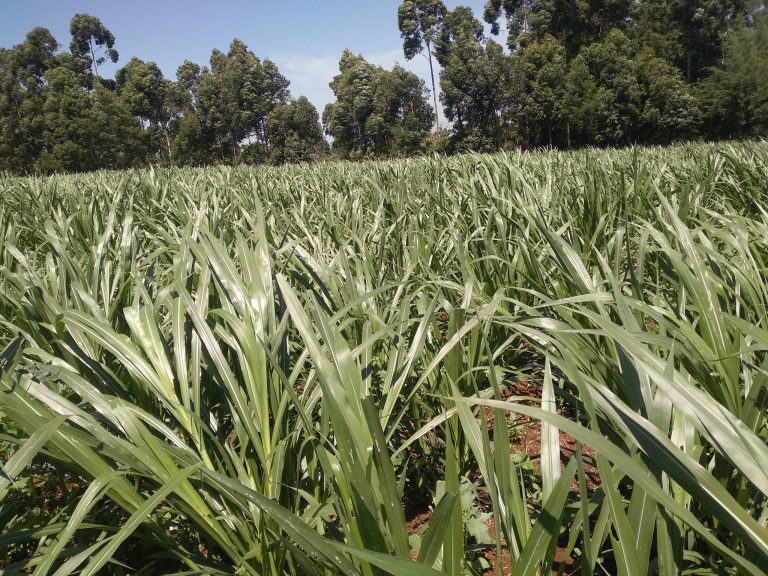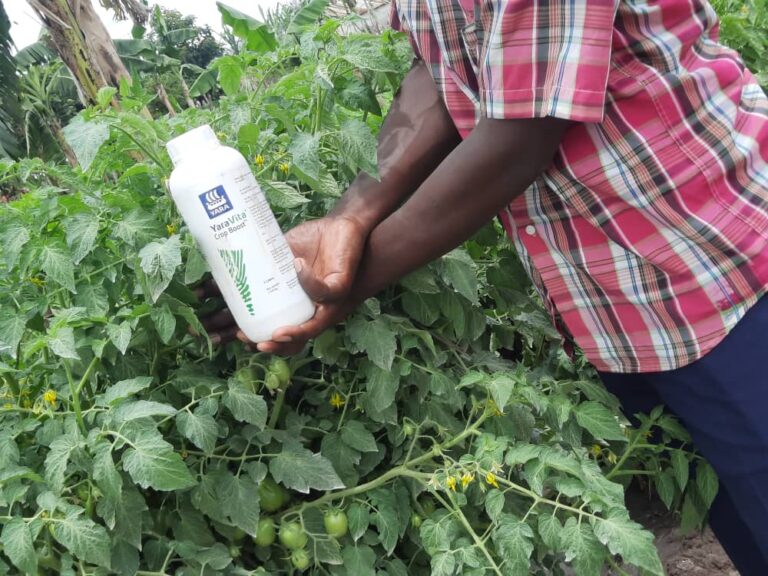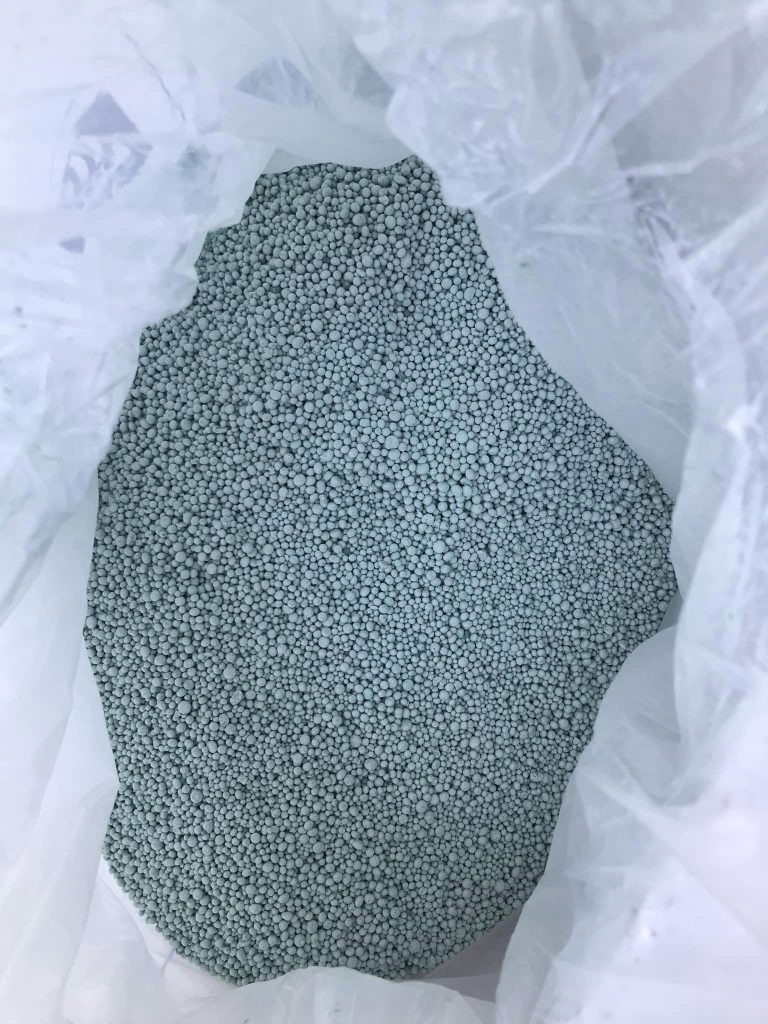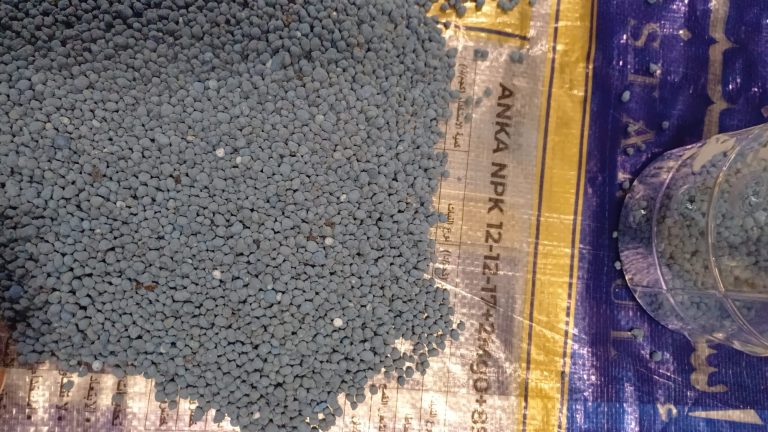Water-Soluble Fertilizer vs Granular Fertilizers
Water-soluble fertilizers provide immediate nutrient availability and precision, suitable for quick plant response and correcting deficiencies. Granular fertilizers offer steady, long-term nutrient release with fewer applications, making them cost-effective and environmentally friendly.
When deciding between water-soluble and granular fertilizers, consider your need for immediate versus steady nutrient availability. Water-soluble fertilizers dissolve quickly for rapid plant uptake, ideal for quick corrections or critical growth stages. Granular fertilizers release nutrients slowly over time, requiring fewer applications and offering cost-effective, environmentally friendly long-term support.
Choosing the right type of fertilizer is crucial for optimal plant growth and health. Water-soluble and granular fertilizers are two popular options, each with its own set of advantages and disadvantages.
Understanding these differences can help you make the best choice for your gardening or farming needs. In this article, we will compare water-soluble and granular fertilizers in terms of their application, nutrient availability, cost, environmental impact, and overall effectiveness.
What are Water-Soluble Fertilizers
Water-soluble fertilizers are formulations that dissolve easily in water, allowing plants to quickly absorb the nutrients through their roots and leaves. These fertilizers are commonly used in various applications, including foliar feeding, fertigation (applying fertilizer through irrigation systems), and traditional watering methods.
Advantages of Water-Soluble Fertilizers
Rapid Nutrient Availability
One of the primary benefits of water-soluble fertilizers is their ability to provide immediate nutrient availability. When dissolved in water, these fertilizers break down into ions that plants can quickly absorb, leading to rapid uptake and utilization. This is especially beneficial during critical growth stages or when plants show signs of nutrient deficiencies.
Ease of Application
Water-soluble fertilizers are easy to apply and can be mixed with water for use with standard irrigation systems, foliar sprays, or watering cans. This flexibility makes them suitable for both small-scale gardeners and large agricultural operations.
Precision Feeding
These fertilizers allow for precise nutrient management, enabling growers to control the exact amount of nutrients being delivered to the plants. This helps prevent over-fertilization and ensures that plants receive the right balance of nutrients needed for optimal growth and development.
Uniform Nutrient Distribution
When applied through irrigation systems, water-soluble fertilizers ensure even nutrient distribution across the entire growing area. This consistency helps maintain uniform plant growth and reduces the risk of localized deficiencies.
Disadvantages of Water-Soluble Fertilizers
Frequent Applications Required
One of the main drawbacks of water-soluble fertilizers is the need for frequent applications. Nutrients are rapidly available but also quickly used up or leached away, necessitating regular feeding schedules to maintain adequate nutrient levels.
Potential for Over-Fertilization
The ease of use and rapid nutrient availability can sometimes lead to over-fertilization if application rates are not carefully managed. Over-fertilization can cause nutrient imbalances, salt buildup in the soil, and even plant damage or nutrient burn.
Cost Considerations
Water-soluble fertilizers can be more expensive on a per-application basis compared to granular fertilizers. The need for frequent applications can further increase costs, making them less economically viable for some large-scale operations.
Environmental Concerns
Improper management of water-soluble fertilizers can contribute to nutrient runoff and water pollution. The high solubility of these fertilizers means excess nutrients can easily leach into groundwater or run off into nearby water bodies, leading to environmental issues such as algal blooms and eutrophication.
What are Granular Fertilizers?
Granular fertilizers are solid formulations that are applied to the soil surface or mixed into the soil. These fertilizers release nutrients slowly over time, providing a steady supply of essential nutrients to plants. They are commonly used in both commercial agriculture and home gardening.
Advantages of Granular Fertilizers
Slow and Steady Nutrient Release
Granular fertilizers provide a slow and steady release of nutrients, ensuring a consistent supply over an extended period. This slow-release characteristic reduces the frequency of applications needed, making it easier to manage nutrient levels in the soil.
Cost-Effective
Granular fertilizers are often more cost-effective than water-soluble fertilizers, particularly for large-scale agricultural use. They typically require fewer applications, reducing overall labor and material costs.
Ease of Storage and Handling
Granular fertilizers are easier to store and handle compared to water-soluble formulations. They are less prone to moisture absorption and caking, making them more stable and longer-lasting.
Reduced Risk of Runoff
The slow-release nature of granular fertilizers minimizes the risk of nutrient runoff and leaching. This makes them a more environmentally friendly option, particularly in areas prone to heavy rainfall or irrigation.
Disadvantages of Granular Fertilizers
Delayed Nutrient Availability
One of the main drawbacks of granular fertilizers is the delayed nutrient availability. The slow-release nature means that nutrients may not be immediately available to plants, which can be a disadvantage during periods of rapid growth or when quick correction of deficiencies is needed.
Inconsistent Nutrient Distribution
Granular fertilizers can sometimes result in uneven nutrient distribution, especially if not applied uniformly. This can lead to localized nutrient deficiencies or excesses, affecting overall plant health and growth.
Labor-Intensive Application
Applying granular fertilizers can be more labor-intensive, particularly for large areas. It often requires specific equipment and careful management to ensure even distribution and proper soil incorporation.
Less Control Over Nutrient Ratios
Granular fertilizers typically offer less control over nutrient ratios compared to water-soluble fertilizers. This can make it challenging to tailor nutrient applications to the specific needs of different crops or growth stages.
Comparative Analysis: Water-Soluble vs Granular Fertilizers
Nutrient Availability and Uptake
Water-soluble fertilizers provide immediate nutrient availability, making them ideal for rapid plant response and correction of deficiencies. Granular fertilizers, with their slow-release characteristics, ensure a steady supply of nutrients but may not be suitable for immediate needs.
Application Frequency and Management
Water-soluble fertilizers require more frequent applications due to their rapid uptake and potential for leaching. Granular fertilizers, on the other hand, need fewer applications, reducing labor and management efforts but requiring more careful planning to avoid delayed nutrient availability.
Cost and Economic Viability
While water-soluble fertilizers offer precision and immediate benefits, they can be more expensive due to the need for frequent applications. Granular fertilizers are generally more cost-effective and suitable for large-scale operations with lower per-application costs.
Environmental Impact
Water-soluble fertilizers have a higher risk of runoff and environmental pollution if not managed properly. Granular fertilizers, with their slow-release nature, pose less risk of runoff but still require careful application to prevent environmental harm.
Overall Effectiveness
The effectiveness of each fertilizer type depends on the specific needs of the plants, soil conditions, and management practices. Water-soluble fertilizers are excellent for immediate results and precision feeding, while granular fertilizers provide long-term nutrient support and are more cost-effective for extensive use.
FAQs
What are the main differences between water-soluble and granular fertilizers?
Water-soluble fertilizers dissolve in water and provide immediate nutrient availability, requiring frequent applications. Granular fertilizers release nutrients slowly over time, needing fewer applications and offering more prolonged nutrient support.
Which type of fertilizer is better for immediate plant growth?
Water-soluble fertilizers are better for immediate plant growth due to their rapid nutrient availability and quick uptake by plants.
Can I use both water-soluble and granular fertilizers together?
Yes, using both can be beneficial. Water-soluble fertilizers can address immediate nutrient needs, while granular fertilizers provide long-term nutrient support, ensuring balanced plant growth.
How often should I apply water-soluble fertilizers?
The frequency depends on the specific crop needs and the fertilizer formulation. Generally, water-soluble fertilizers require applications every 1-2 weeks during the growing season.
Are granular fertilizers environmentally friendly?
Granular fertilizers can be environmentally friendly if applied correctly. Their slow-release nature reduces the risk of runoff and leaching, making them a safer option for the environment.
What are the cost considerations for each type of fertilizer?
Water-soluble fertilizers can be more expensive due to the need for frequent applications, while granular fertilizers are generally more cost-effective and suitable for large-scale use with lower per-application costs.
Conclusion
Choosing between water-soluble and granular fertilizers depends on your specific gardening or farming needs, soil conditions, and environmental considerations. Water-soluble fertilizers offer rapid nutrient availability and precision feeding, making them ideal for addressing immediate nutrient deficiencies and critical growth stages.
Granular fertilizers provide a slow and steady release of nutrients, reducing the frequency of applications and offering cost-effective long-term support.
By understanding the advantages and disadvantages of each type, you can make an informed decision that best supports the health and productivity of your plants.
